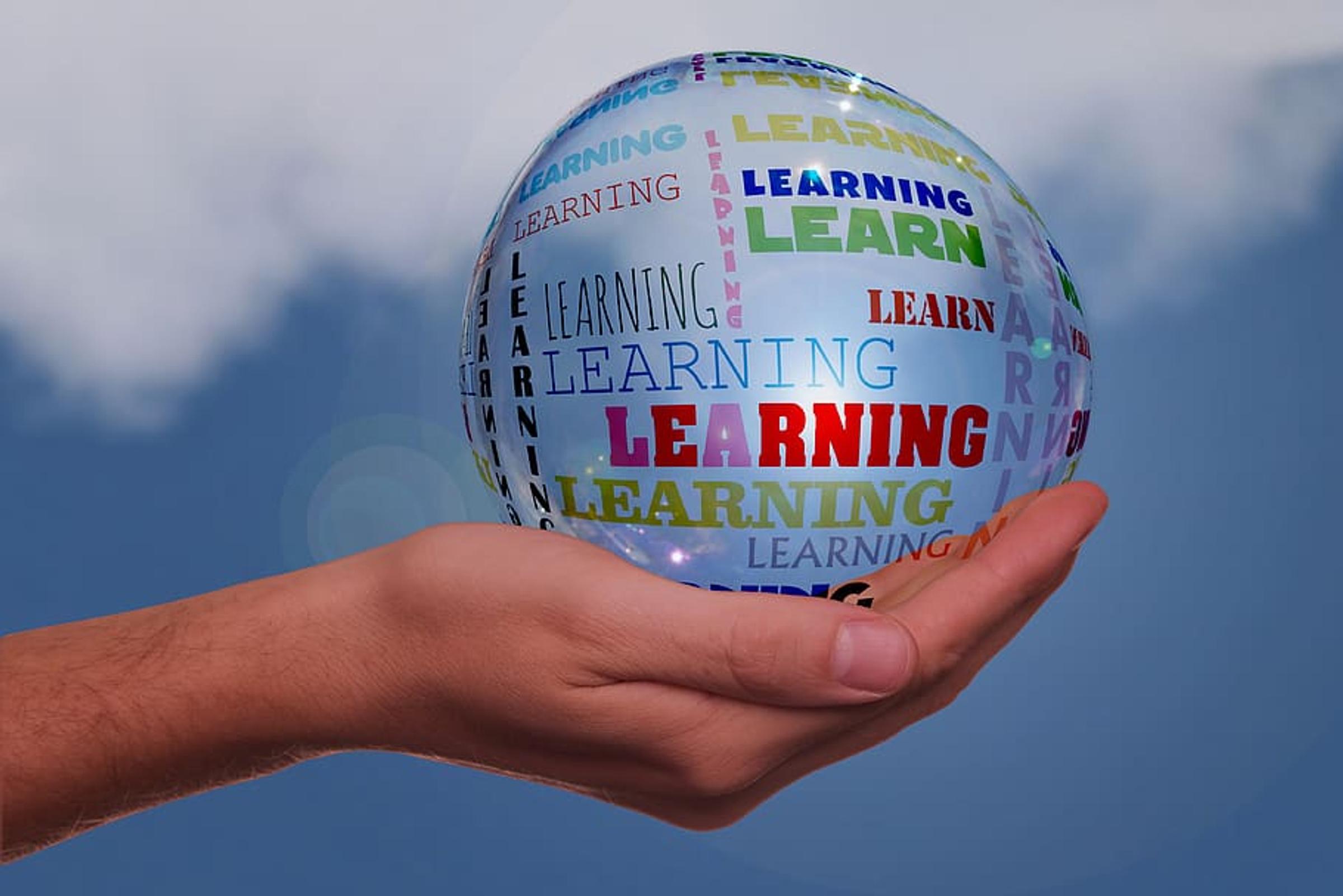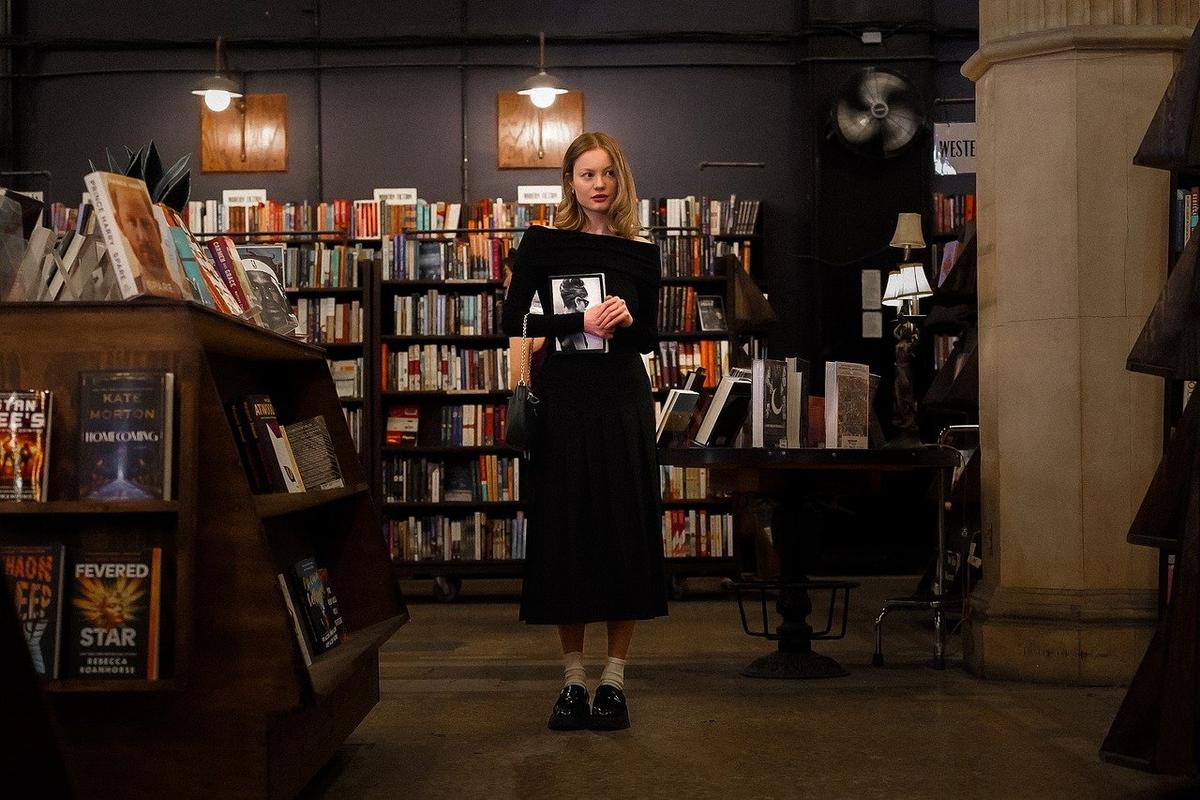From the Director of Pedagogy and Innovation

The Death of Expertise and Research in Education
With access to the internet readily available, we are now in an age where it seems anyone can claim to be an expert. We can find facts about medicine, law, sciences etc. very quickly and in an alarming trend we are seeing regular citizens deem themselves experts with little more than some Wikipedia knowledge and social media presence. Seeing oneself on the same intellectual footing with some one who has completed several years of higher education training in a specialist field is dangerous on a number of levels. What is equally dangerous is the inability to call out this delusion for what it is, lest risk being branded an ‘intellectual elite’ or ‘sheep-like follower’. Tom Nichols’ book on this topic is very interesting for those that are keen to dig into this further.
It was with this need for research-based, empirical knowledge that I met with colleagues from all around Sydney this week as we continued to look at what is the latest research around school education and what our students need from us right now. This was held at Trinity Grammar and linked staff from universities with school-based teachers to discuss how research and the day to day challenges of teaching can come together. It was refreshing to hear that challenges such as cognitive overload, passive disengagement and mental health trends in teens and children are being studied by some of the best university researchers in the country.
A key takeaway from the day was thinking for our school what is ‘The Puzzle of Practice.’ This is an unsolvable puzzle because it is made up of the steering questions:
- What works?
- What works here?
- What works now?
Given the continual shifts in the needs and strengths of the students who are enrolled, the subjects we offer, the resourcing of the school etc. we need to be asking these questions regularly. Indeed, what worked two years ago may no longer be valid. On the other hand, there may be tools that have worked for the last five years and are still very effective. This is not about changing for changing sake, it is about self-reflection and being willing to try new things, generate new opportunities for students and being willing to act when we find ourselves answering negatively to the steering questions.
Teaching is a profession that is deeply personal and teachers pour a lot of their personality, energy and self into their work. In that we need to make sure we are balancing our passions and interests with what the research is saying about effective teaching and learning. I remember a former principal telling me she can ‘smell good teaching - you can’t always name the individual parts, but you just know it when it is there.’ I believe this sentiment to a degree but the more we look into the big and small data, the more likely we are to be successful.
There is a lot of noise and opinion out there regarding schools. At Blue Mountains Grammar we need to make sure we are continuing to value the expertise of our teachers and draw on the work of researchers. We need to be continually reflecting with open minds and honesty about what is working here and now, and what we need to do to sharpen our work at BMGS.
Mr Chris Sanders
Director of Pedagogy and Innovation
